Defaulting on student loans can have serious consequences, but there are steps you can take to avoid it. According to the Education Department, within three years of entering repayment, 9.7% of student loan borrowers default. However, the government has implemented measures to help prevent default, such as pausing federal student loan payments and collection activities.
During this break, you can explore options like loan rehabilitation, consolidation, and the Fresh Start program to get your loans back in good standing. It’s important to take action as soon as possible to avoid penalties like wage garnishments and seized tax refunds when collection activities resume. Understanding the default process for federal and private student loans is key to avoiding default.
Key Takeaways:
- Defaulting on student loans can have serious consequences
- The Education Department has implemented measures to help prevent default
- Explore options like loan rehabilitation, consolidation, and the Fresh Start program to recover
- Take action as soon as possible to avoid penalties when collection activities resume
- Understanding the default process for federal and private student loans is crucial
What is Student Loan Default?
Student loan default occurs when you don’t make payments as outlined in your loan’s contract, also known as the promissory note. For federal student loans, default typically happens when payments are approximately nine months (270 days) overdue. However, Federal Perkins loans can default immediately if you miss any scheduled payment. Private student loans often default after three missed monthly payments (90 days), but the specific timing may vary according to the loan’s promissory note.
Before defaulting on federal student loans, they enter a delinquency status as soon as you miss a payment, although late payments are not reported to credit bureaus until after 90 days. During the delinquency period, you have options like income-driven repayment, deferment, and forbearance to make payments more affordable. It’s crucial to contact your loan servicer immediately if you fall behind on payments to explore these options. Private lenders may also offer assistance in catching up on payments through temporary payment reductions, deferment, or forbearance.
Options before Defaulting
When facing financial difficulties and struggling to make student loan payments, it is essential to explore your options before defaulting. Here are a few alternatives to consider:
- Income-driven repayment: This option adjusts your monthly payments based on your income, allowing you to make more affordable payments.
- Deferment: If you qualify, you can temporarily postpone your payments, giving you time to improve your financial situation.
- Forbearance: Similar to deferment, forbearance allows you to pause or reduce your payments temporarily, providing short-term relief.
By contacting your loan servicer and discussing your situation, you can find the best alternative that suits your needs and helps you avoid defaulting on your student loans.
How to Determine If Your Student Loans Are in Default
If you’re unsure whether your student loans are in default, there are a few ways to find out.
The easiest way is to contact your loan servicer directly and ask them about the status of your loans. They can provide you with the most up-to-date information and answer any questions you may have. If you’re unsure who your loan servicer is or if you’re not ready to speak with them yet, you have other options.
You can log in to your My Federal Student Aid account at studentaid.gov, where you can check the repayment status of your loans and find information about your loan servicer. This online platform provides a convenient way to monitor and manage your federal student loans.
Another option is to pull your credit report, which will list any defaults on federal and private student loans under the negative information section. Your credit report is an essential tool for keeping track of your financial standing, and it can provide valuable insights into your loan status.
Keep in mind that these resources may not be updated in real-time, so it’s best to confirm your loan’s status with your loan servicer for accurate information.
Why contact your loan servicer?
Your loan servicer is the company that handles the billing and other services related to your federal student loans. They are responsible for providing you with information about your loan status, repayment options, and any available assistance programs.
By contacting your loan servicer, you can:
- Get the most accurate and up-to-date information about your loan status
- Ask questions and address any concerns you have about your loans
- Explore repayment options and assistance programs that may be available to you
Remember, your loan servicer is there to help you navigate the complexities of student loan repayment, so don’t hesitate to reach out to them.
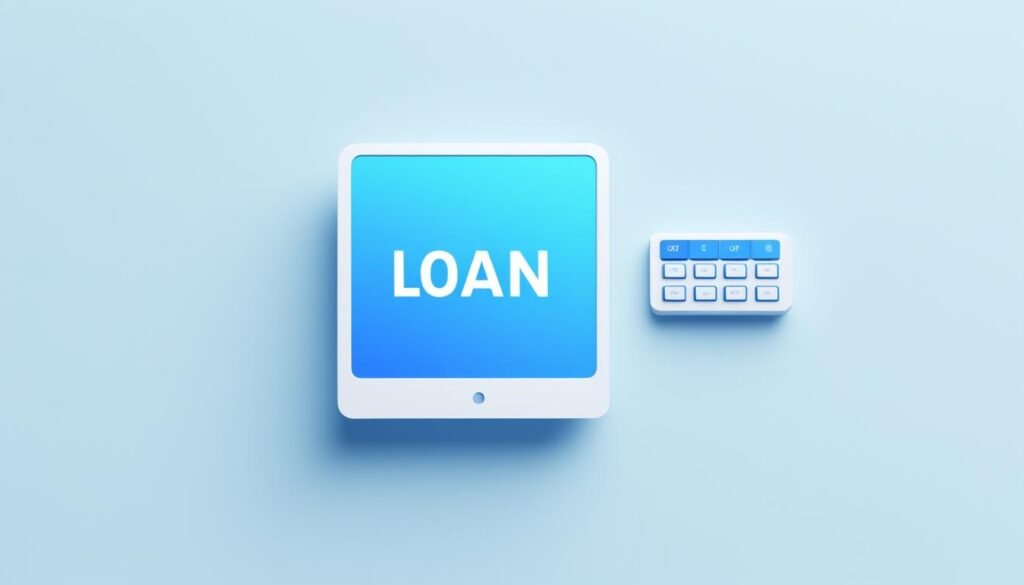
| Ways to Determine Loan Default Status | Pros | Cons |
|---|---|---|
| Contacting loan servicer | – Direct and accurate information – Personalized assistance – Access to repayment options and assistance programs | – Need to wait for response – May require extended hold times |
| Checking studentaid.gov | – Convenient online access – Repayment status details – Loan servicer information | – Need login credentials – Information may not be real-time |
| Pulling credit report | – Comprehensive financial overview – Details on loan defaults | – Requires access to credit report – May not reflect real-time updates |
Consequences of Defaulting on Student Loans
Defaulting on student loans can have serious consequences that can impact various aspects of your financial life. When you default on federal student loans, the loan holder can take several actions to collect the debt, including wage garnishment and withholding of your tax refunds and government payments, such as Social Security checks. These actions can significantly affect your income and make it challenging to meet your day-to-day expenses.
If you have private student loans, the loan holder can take legal action and sue you to collect the defaulted loan amount. This can result in wage garnishment or even the seizure of your bank accounts, further exacerbating your financial difficulties.
Defaulting on student loans also has long-lasting effects on your credit score. Late or missed payments can damage your credit, making it more difficult to obtain future credit, such as car loans, home loans, or even rent an apartment. Defaults can stay on your credit report for up to seven years, making it challenging to rebuild your credit and regain financial stability.
“Defaulting on student loans can have a significant impact on your financial well-being. It’s important to take proactive steps to address the issue before it escalates.”
Furthermore, defaulting on your student loans can lead to increased debt. Late fees, penalties, and additional interest continue to accrue while your loans remain in default, making the total amount you owe much higher than the original loan balance.
Defaulting on your student loans can also have educational and professional limitations. If you’re in default, you may be ineligible for additional student loans or federal aid to continue your education. This can hinder your ability to pursue advanced degrees or gain new skills to enhance your career prospects. Additionally, some professions require professional licenses, and defaulting on student loans may result in the suspension or revocation of these licenses, limiting your career options.
It’s important to note that defaulting on student loans is not a criminal offense, and you cannot be arrested or imprisoned for not paying them. However, the financial consequences of default should not be taken lightly, as they can have a significant impact on your overall financial well-being.
| Consequences | Description |
|---|---|
| Wage Garnishment | The loan holder can garnish your wages, significantly reducing your disposable income. |
| Seized Tax Refunds | Both federal and state tax refunds can be seized to repay defaulted student loans. |
| Damaged Credit Score | Defaulting on student loans can have a negative impact on your credit score, making it difficult to obtain credit in the future. |
| Increased Debt | Defaults accrue late fees, penalties, and additional interest, leading to a higher overall loan balance. |
| Educational and Professional Limitations | Defaulting on student loans can prevent you from obtaining additional loans or federal aid for education and may lead to the suspension or revocation of professional licenses. |
How to Respond to Debt Collectors
If you start receiving calls from debt collectors regarding your defaulted student loans, it’s important to know your rights. Debt collectors are required to follow the guidelines set forth by the Fair Debt Collection Practices Act (FDCPA) when contacting you. If you believe a debt collector is harassing you over your federal or private loans, you can submit a complaint to the Consumer Financial Protection Bureau (CFPB).
The FDCPA is a federal law that protects consumers from unfair debt collection practices. Debt collectors must adhere to specific rules, which include:
- Not contacting you before 8 a.m. or after 9 p.m., unless you’ve given them permission to do so.
- Not using deceptive or abusive language when communicating with you.
- Not threatening you with legal action they cannot take or are unwilling to pursue.
- Not contacting you at your workplace if they have been told not to.
If you believe a debt collector has violated any of these rules or is harassing you, you have the right to submit a complaint to the CFPB. The CFPB is a government agency that oversees debt collection practices and can take action against collectors who violate the law. By submitting a complaint, you are helping to protect yourself and others from harassment.
The CFPB provides a complaint submission process on their website, where you can provide details about the debt collector and the nature of the harassment. They will review your complaint and take appropriate action to address the issue.
“I was receiving multiple calls a day from a debt collector demanding payment for my defaulted student loans. It was causing me a lot of stress and anxiety. I decided to submit a complaint to the CFPB, and they were able to intervene and put a stop to the harassment. I’m so grateful for their help and protection of my rights.” – Sarah Johnson, Student Loan Borrower
In addition to submitting a complaint, you can also respond to debt collectors directly by sending them a letter. The CFPB provides sample letters on their website that you can use as a template for your own response. These letters are designed to assert your rights and express your concerns about the debt collection practices you have experienced.
When writing your response letter, it’s essential to:
- Clearly state your intention to exercise your rights under the FDCPA.
- Describe the specific actions or behaviors that you believe violate the law.
- Request that the debt collector cease all communication with you, except for specific permissible actions, such as providing verification of the debt.
- Keep a copy of the letter for your records and send it via certified mail with a return receipt to ensure it is received.
By responding to debt collectors with a letter, you are asserting your rights and documenting your concerns. This can provide valuable evidence in the event that further action needs to be taken.
Remember, it’s essential to familiarize yourself with the rules and regulations regarding debt collection to protect yourself from harassment. By knowing your rights, submitting complaints when necessary, and responding to debt collectors with firm and assertive communication, you can defend yourself against unfair practices.
How to Recover from Student Loan Default
If your student loans are in default, there are several options available to help you recover. The Education Department’s Fresh Start program is designed to assist defaulted borrowers, offering benefits like lifting loans out of default and regaining eligibility for federal student aid and other government loans. To take advantage of the program, borrowers need to visit myeddebt.ed.gov for more information and determine if their loans are eligible. The Default Resolution Group can be reached at 1-800-621-3115 for further assistance.
In addition to the Fresh Start program, federal student loan borrowers can choose from repayment, consolidation, and rehabilitation options to recover from default. Repayment involves paying off the full amount owed immediately, while consolidation allows borrowers to combine their loans and establish a new repayment plan. Rehabilitation is often the best option as it removes the default from your credit report.
Private student loan borrowers should contact their lenders to explore options for getting out of default, as they may have programs or resolutions similar to federal loan default programs. However, it’s important to note that student loans, whether in default or not, generally cannot be discharged in bankruptcy.

Fresh Start Program Benefits and Eligibility
The Fresh Start program is specifically designed to assist defaulted borrowers in recovering from default and regaining their financial footing. Here are some of the benefits and eligibility criteria:
| Benefits | Eligibility Criteria |
|---|---|
| Lifting loans out of default | Borrowers with federal student loans in default |
| Regaining eligibility for federal student aid | Borrowers who meet certain requirements |
| Access to other government loans | Borrowers who meet certain requirements |
Monitoring and Managing Your Student Loans to Avoid Default
To prevent defaulting on your student loans, it’s crucial to take proactive steps and manage your debt effectively. By monitoring your loans and staying in communication with your creditors, you can maintain control over your financial situation and avoid the negative consequences of default.
Educating Yourself on Your Loan Terms
Start by familiarizing yourself with the terms and conditions of your student loans. Know the specific requirements for repayment, interest rates, and any potential penalties for late or missed payments. Being aware of these details will help you stay proactive and avoid default.
Regular Communication with Creditors
Regularly communicate with your loan servicer and stay updated on your loan status. If you anticipate being late with a payment or unable to make a payment, notify your creditor as soon as possible. Many lenders offer options such as deferment or forbearance that can temporarily pause or reduce your loan payments until you’re in a better financial position.
Monitoring Your Credit Impact
Defaulting on student loans can have a long-lasting impact on your credit score. It can make it difficult to obtain credit cards, car loans, or mortgages in the future. Stay proactive about monitoring your credit report and address any discrepancies or errors immediately. Taking steps to improve your credit will help you maintain financial stability and avoid the consequences of default.
Understanding the Loss of Benefits
Defaulting on student loans can result in the loss of certain benefits and privileges. You may become ineligible for additional financial aid, deferments, or loan consolidation. Additionally, tax refunds may be withheld to repay the defaulted loan amount, and holds may be placed on your college records. By managing your student loan debt effectively, you can ensure that you don’t lose out on these important benefits.
Take Control of Your Student Loans
By staying proactive and engaged in managing your student loans, you can avoid default and maintain financial stability. Regularly review your loan terms, communicate with your creditors, and monitor your credit. If you’re experiencing financial hardship, explore options for deferment or forbearance to temporarily alleviate the burden of loan payments. Remember, taking control of your student loans is an essential part of securing your financial future.
Conclusion
Defaulting on student loans can have severe consequences that impact your financial security. It can damage your credit, disrupt your finances, and hinder your educational and professional pursuits. However, by adopting proactive debt management strategies and staying informed about available options, you can prevent default and effectively manage your student loan debt.
To avoid default, it is crucial to explore options such as loan rehabilitation, repayment plans, and consolidation. These strategies can help you regain control of your loans and maintain a stable financial situation. Additionally, open communication with your loan servicer is essential. Keeping them informed about any challenges you face with repayments can lead to more favorable outcomes.
Understanding the potential consequences of defaulting on student loans is vital for taking appropriate action. By staying proactive and informed, you can navigate the repayment process and protect your financial well-being. While your student loan debt may not disappear overnight, responsible financial management, along with the right strategies, can help you maintain your financial security and avoid default.
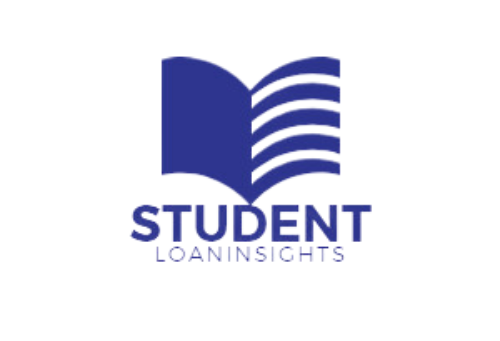
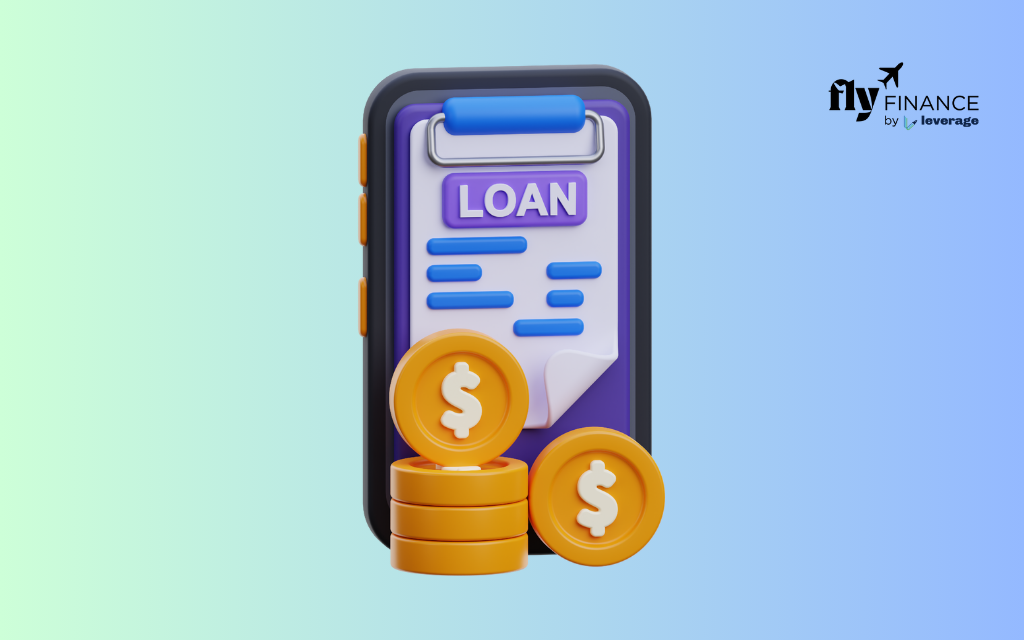
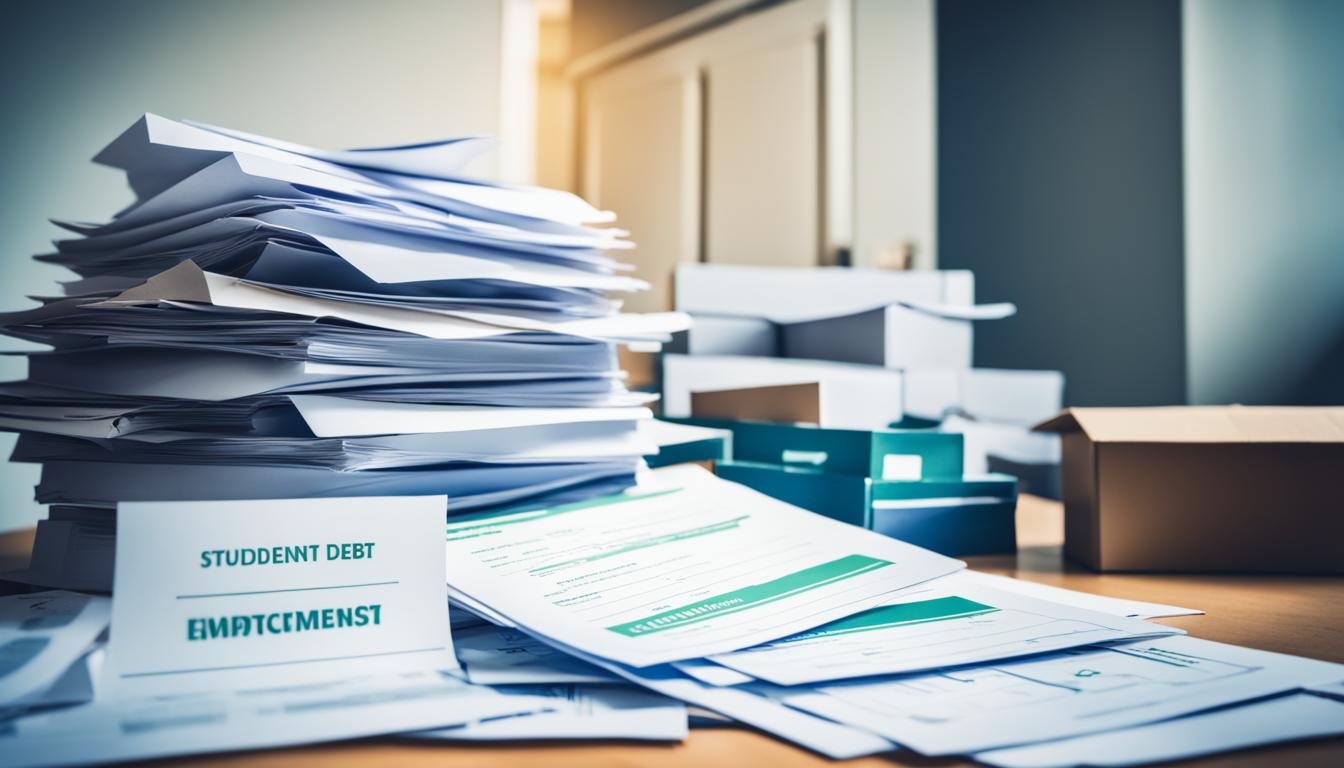





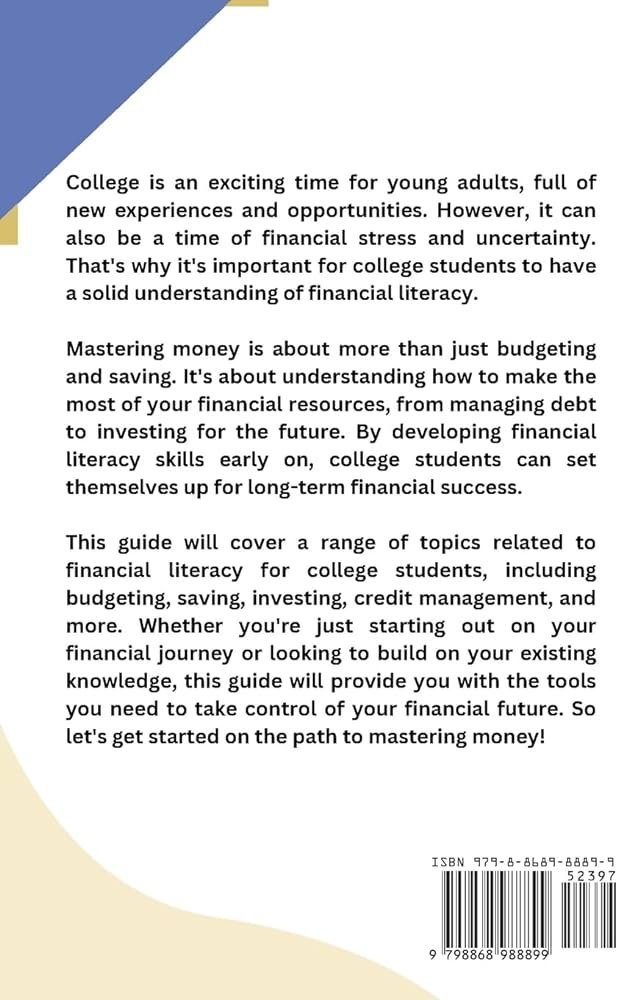

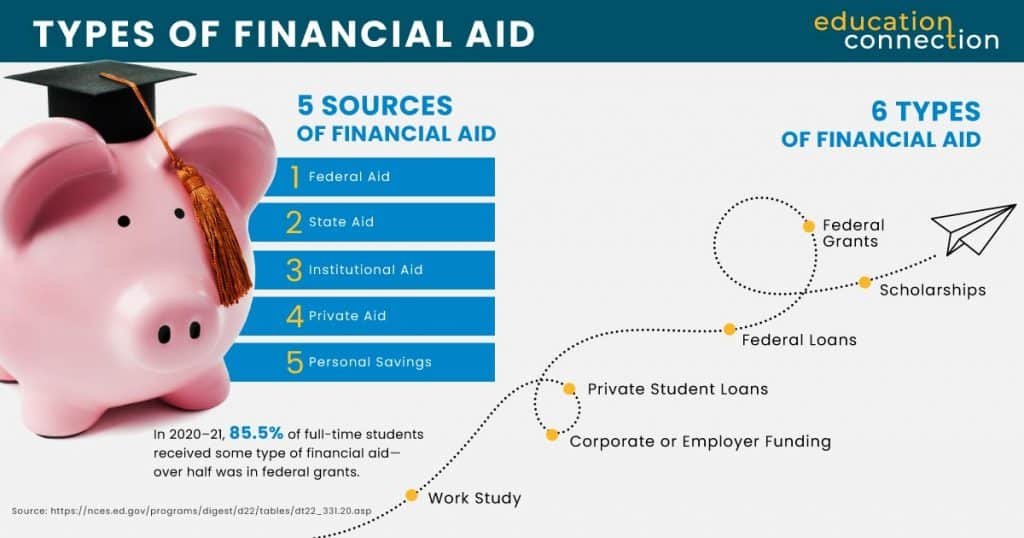
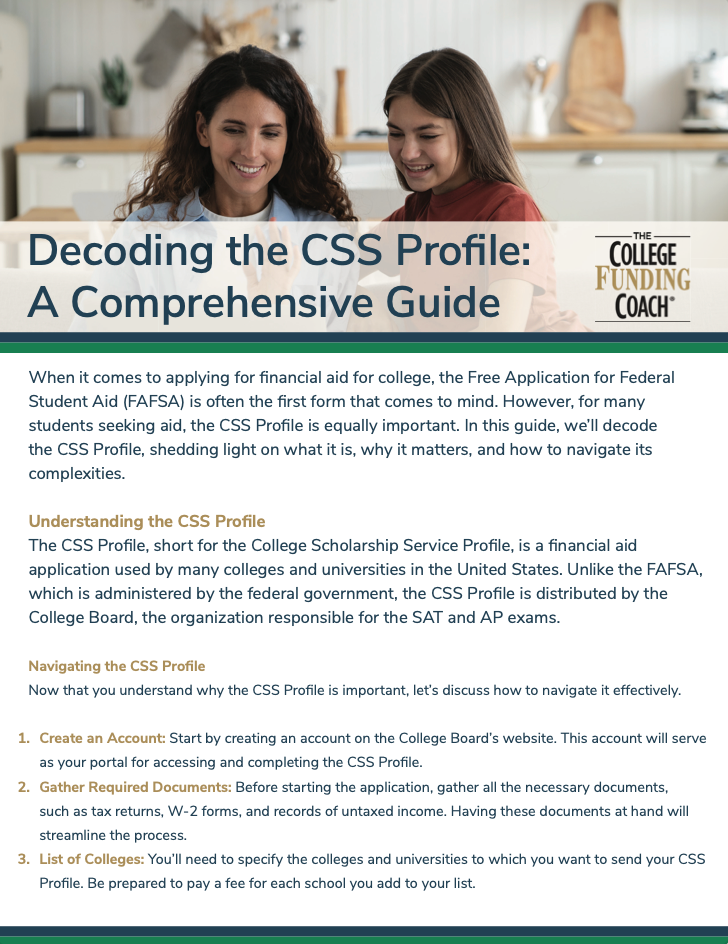

1 thought on “How to Avoid Defaulting on Student Loans”